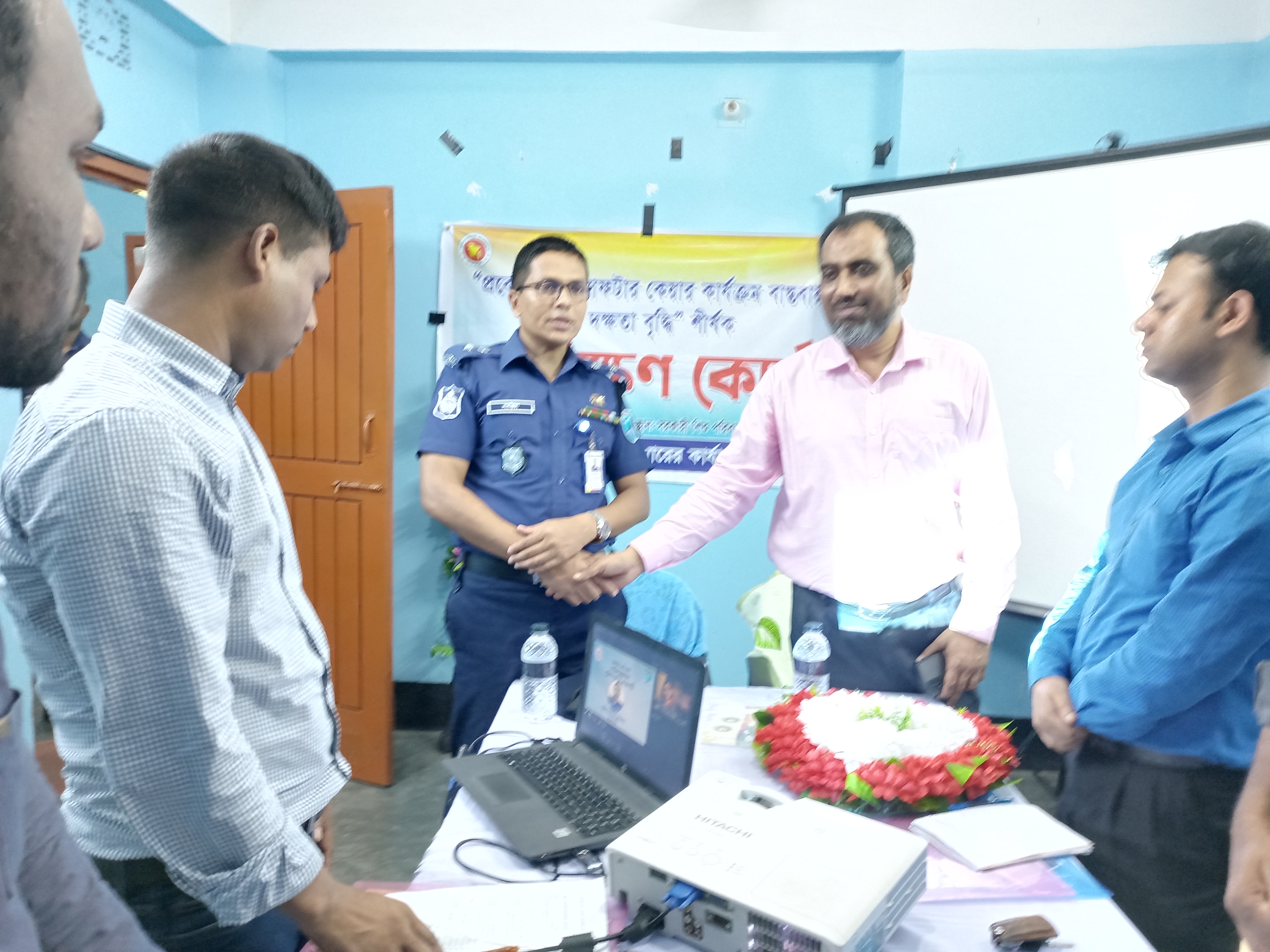- About Us
- Our Services
- অপরাধী সংশোধন ও পুনর্বাসন সমিতি
- E-Services
-
Others Offices
বিভাগীয় কার্যালয়/ জেলা কার্যালয়
Department/Division/Ministry
-
Gallery
-
Contact
Official Contact
Contact Map
- Opinion
-
About Us
Office Info
Human Resources
-
Our Services
Downloads
Training & Opinion
nspection
-
অপরাধী সংশোধন ও পুনর্বাসন সমিতি
অপরাধী সংশোধন ও পুনর্বাসন সমিতি'র গঠনতন্ত্র
পুনর্বাসন কার্যক্রম
- E-Services
-
Others Offices
বিভাগীয় কার্যালয়/ জেলা কার্যালয়
Department/Division/Ministry
- Gallery
-
Contact
Official Contact
Contact Map
- Opinion
Briefly Probation and Aftercare Service
Probation and aftercare services
Probation and aftercare services of the Department of Social Services are playing a major role in preventing social degradation and turning the wayward youth from a burden to an asset while finding the right path. Generally, probation programs are aimed at rehabilitating minor offenders, first offenders and children who come into contact with the law or in conflict with the law in the interest of justice and in an effort to develop them into good future citizens. Probation of Offenders Ordinance 1960, Privileges for Women Prisoners Act 2006 and Children Act 2013 are administered by the Department of Social Services for probation and aftercare. Aftercare programs are conducted to provide special benefits to women/men released from prison or women sentenced to prison at the end of probation period or to reintegrate the concerned into the society.
What is probation and why?
Probation refers to providing an opportunity for a criminal to adapt to society without being imprisoned or confined in an institution without suspending the punishment he deserves. Probation correction of crimes committed by the probation officer under the supervision of a probation officer and subject to conditions in his family and social environment without placing in prison or any other institution for first and minor offenses children, youths or any other adults who have come into contact with the law for first and minor offenses And he is given the opportunity of social integration.
Probation is a non-institutional and social correctional program. It is a well-regulated course of action to correct the disorderly and illegal behavior of the offender. Here the offender is helped to prevent reoffending and become a law abiding citizen.
A court empowered under The Probation of Offenders Ordinance, 1960 (as amended by 1964) may grant probation for a period of 1 (one) to 3 (three) years subject to conditions. However, according to section 34(6) of the Children Act 2013, this legal benefit is given priority for children and adolescents.
Under the above 2 Acts the Probation Officers of the Department of Social Services are entrusted with the duty of assisting the learned Judges, to see that the conditions of the Court are being duly observed and to conduct supervision and correctional proceedings.
How are probation opportunities available?
Granting probation is a discretionary power of the learned Court. The learned Court may grant self-initiative probation after reviewing the documents and overall circumstances of the case.
After completion of formalities of trial in the probation system, when a person is liable to be convicted in the eyes of law or if the person pleads guilty, the court may refer the matter to the learned court for the opportunity of probation.
If the court deems fit that the offender may benefit from his reformation and rehabilitation by undertaking to comply with the terms of the probation order under the law, the probation officer assigned to the court shall submit to the court a pre-sentence report investigating the character, antecedent identity, family background and facts or circumstances of the offender. Request to submit.
If the probation officer on inquiry finds that the offender is eligible for probation or community based correction, he recommends probation. Otherwise, the criminal should get peace.
In the case of children, the Probation Officer shall, within 21 days from the date of the child's appearance in the court in accordance with Section 31(2) of the Children's Act 2013, investigate the family, social, cultural, financial, psychological, anthropological and educational qualifications of the child, background and in any area or A social investigation report describing the circumstances under which the offense was committed must be filed with the court.
PROCEDURE FOR RECEIVING PROBATION AND AFTER CARE SERVICES (BRIEF)
Probation services are provided within the time frame prescribed by the learned court.
Application by learned court convicted petty offender/1st offender;
order by the learned Court to provide the probation officer with a pre-sentence report on the offender;
Filing of Pre-Sentence Report by Probation Officer;
Grant of probation by the learned Court (subject to the signature of the bond by the offender);
Providing overall support to the offender during the probation period (for 01-03 years) with counselling, monitoring and his development;
Regular reporting to the court by the probation officer;
Release/Commandment of Probationer by Court on Probation Officer's report at the end of probation period.
Aftercare services are provided within 10 working days after the implementation committee meeting.
Application to Probation Officer
Providing financial assistance subject to the approval of the Criminal Corrections and Rehabilitation Society
Or send the application form with recommendation to Upazila/City Social Service Officer
Providing assistance under interest free loan program by Upazila/City Social Service Office
Service receiving centers
Probation Office, District concerned (located in District Town, District Commissioner's Office/ District Social Services Office)
Probation Office, CMM Court, Dhaka, Chittagong, Khulna, Rajshahi, Barisal and Sylhet
Probation Officer (Child Development Centres)
Upazila Social Service Office (All Upazila Social Service Officers, Additional Charges of Probation Officer)
What citizens should do
Inform the authorities if any deviations are observed in the conduct of probation proceedings;
Education, Vocational and Skill Development of Prisoners Q
Planning and Implementation: Cabinet Division, A2I, BCC, DoICT and BASIS





